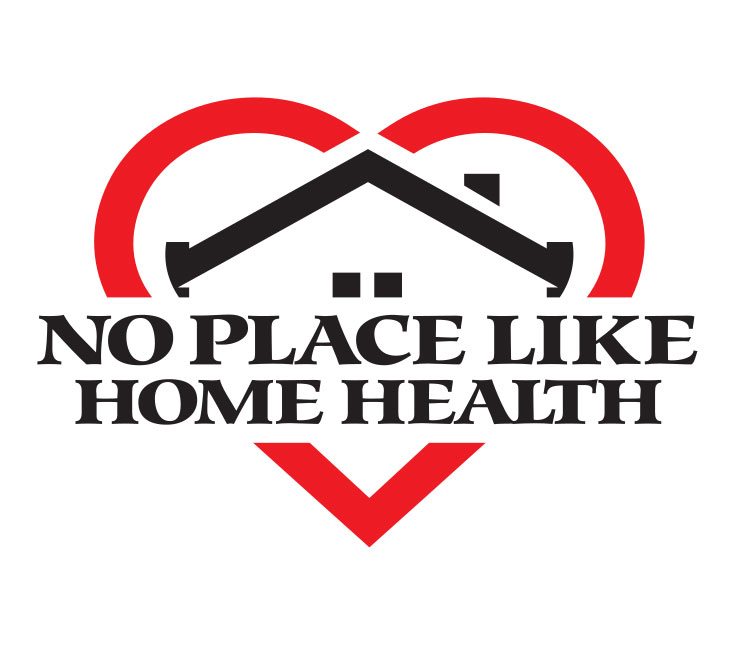Understanding Frozen Shoulder Syndrome in Seniors
Frozen shoulder syndrome, also known as adhesive capsulitis, is a disorder characterized by shoulder pain, stiffness, and reduced range of motion. While it can happen at any age, seniors are especially vulnerable because of factors like decreased exercise, underlying health issues, and age-related changes in joint structures. Understanding its causes, symptoms, and how it can be treated is essential to seniors’ quality of life. Senior home care providers can help them gain the resources they need and encourage them to talk with their medical team about any concerns they might have.

Senior Home Care Westland MI – Understanding Frozen Shoulder Syndrome in Seniors
What Is Frozen Shoulder?
The shoulder joint is made up of a ball-and-socket structure that is encircled by a flexible connective tissue capsule. A frozen shoulder occurs when the capsule thickens and tightens, preventing movement.
The condition normally progresses in three stages over several months or years:
- Freezing Stage: Pain gradually worsens and movement becomes limited.
- Frozen Stage: Pain may subside, but stiffness and immobility remain.
- Thawing Stage: Gradual improvement in range of motion and shoulder function is observed.
For seniors, the extended timescale might have a substantial influence on their everyday activities and independence.
Causes and Risk Factors
The reason behind frozen shoulder syndrome is not usually known; however, certain risk factors enhance susceptibility:
Age and Gender: People over 50, particularly women, are more likely to develop the disorder. This might not seem significant, but since the condition can progress over time, it might not be diagnosed until much later.
Prolonged Immobilization: A period of inactivity caused by surgery, injury, or illness can result in frozen shoulders.
Chronic Conditions: Diabetes, thyroid problems, and cardiovascular disease all come with an increased risk.
Inflammation and Scar Tissue: Scar tissue can form after an injury or inflammation, limiting movement.
Frozen Shoulder Symptoms
Frozen shoulder occurs gradually but gets increasingly debilitating. Senior home care can help seniors watch for symptoms, such as:
- Persistent, dull, or agonizing shoulder ache.
- Difficulty completing routine tasks such as dressing and reaching overhead.
- Stiffness intensifies, making tasks such as grooming and cooking difficult.
Early management is critical to preventing long-term problems.
Diagnoses and Treatments
Physical exams, patient histories, and imaging tests such as X-rays or MRIs are commonly used by healthcare practitioners to diagnose frozen shoulders. Once recognized, treatment tries to alleviate discomfort and restore mobility.
Nonsurgical Options:
- Physical therapy involves guided exercises that enhance mobility and strength.
- Nonsteroidal anti-inflammatory medicines (NSAIDs) or corticosteroid injections can help with pain and inflammation.
- Heat and cold therapy, such as using warm compresses and ice packs, might help ease symptoms.
- In extreme situations, surgery may be required to relieve the constricted capsule.
Prevention and Management
To prevent the risk of frozen shoulders, senior home care can encourage seniors to frequently stretch their shoulders, as well as add strengthening activities to their routine. Also, promptly managing shoulder discomfort or stiffness might help to keep the condition from deteriorating. In addition, controlling chronic illnesses such as diabetes through adequate medication and lifestyle adjustments is crucial for prevention.
Frozen shoulder syndrome can be a difficult condition for seniors, affecting both their physical and emotional well-being. However, with support from senior home care, early detection, proper treatment, and preventive care, most seniors can restore shoulder function and live an active, pain-free lifestyle.
Sources: https://my.clevelandclinic.org/health/diseases/frozen-shoulder-adhesive-capsulitis
https://www.hopkinsmedicine.org/health/conditions-and-diseases/frozen-shoulder
https://www.webmd.com/a-to-z-guides/what-is-a-frozen-shoulder
If you or an aging loved one is considering Senior Home Care Services in Westland MI, please contact the caring staff at No Place Like Home Health, LLC today. 734-259-4200
Connecting Families with Compassionate & Quality Home Health Care In Wayne, Oakland, Livingston & Washtenaw.
- Common Medication Mistakes Seniors Make And How To Avoid Them - April 7, 2025
- How Does Physical Therapy Help Seniors with Arthritis? - March 21, 2025
- In-Home Care Can Help Your Senior Parent Get Around Safely - March 6, 2025
